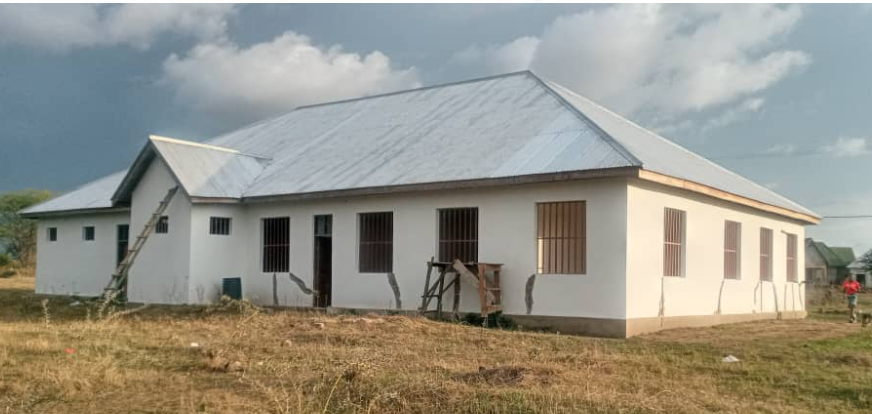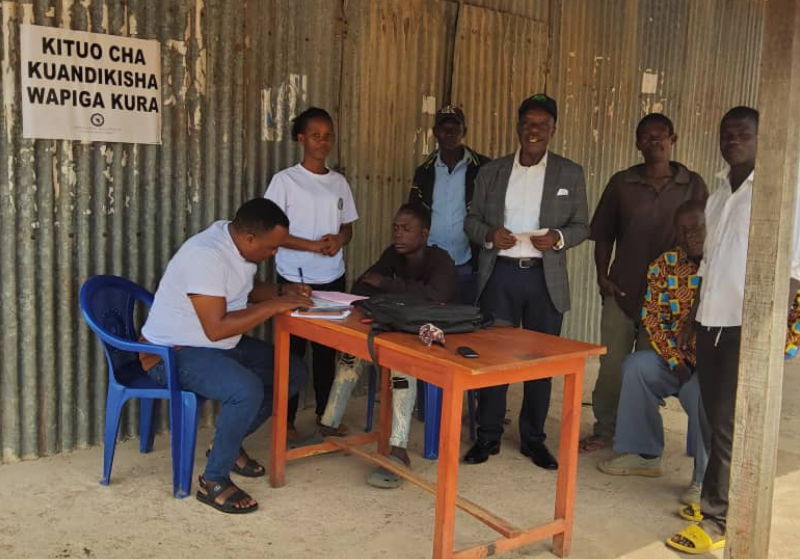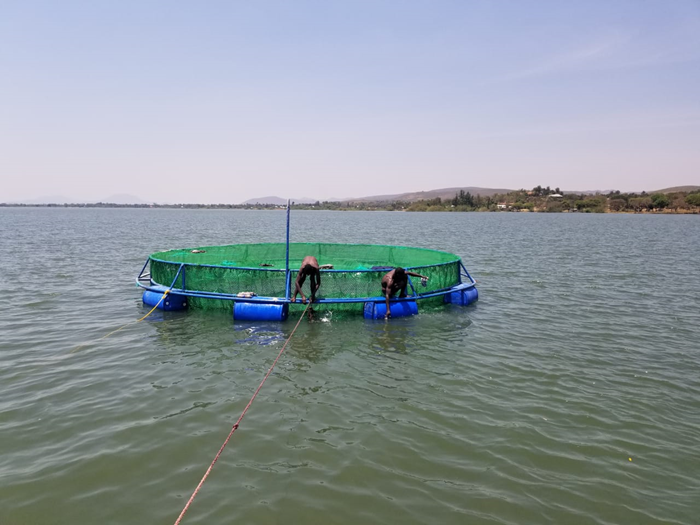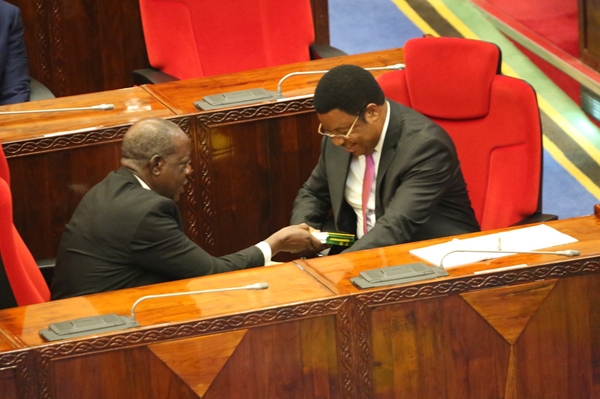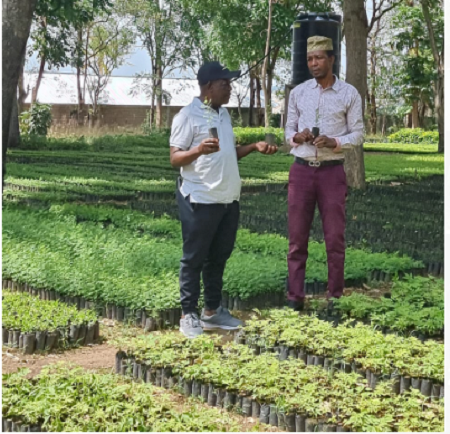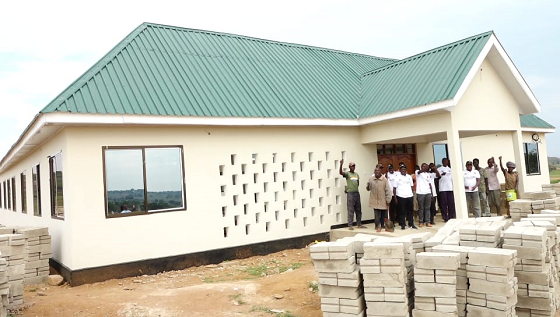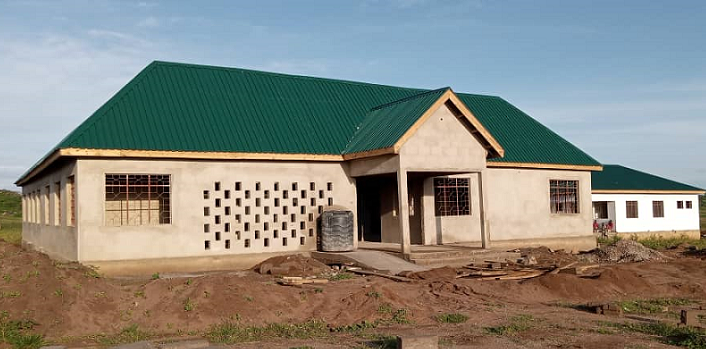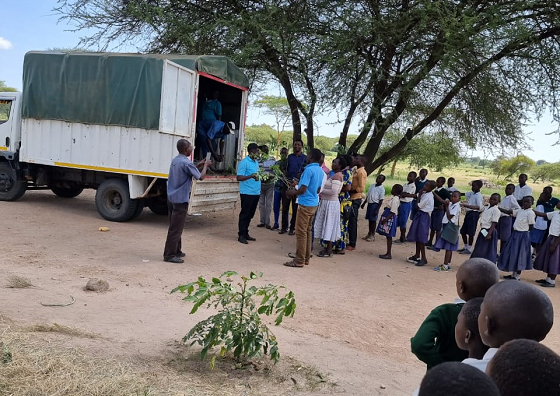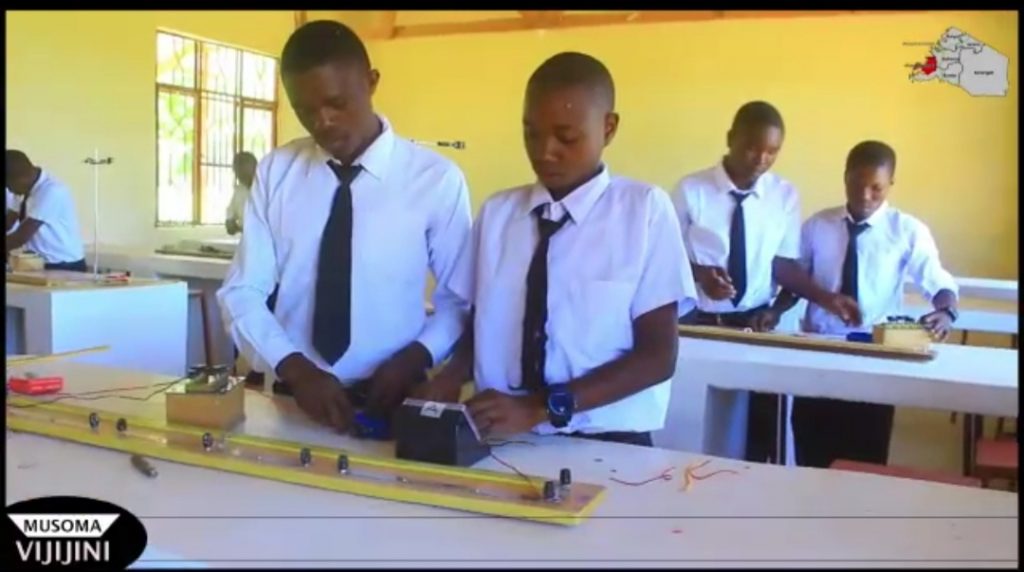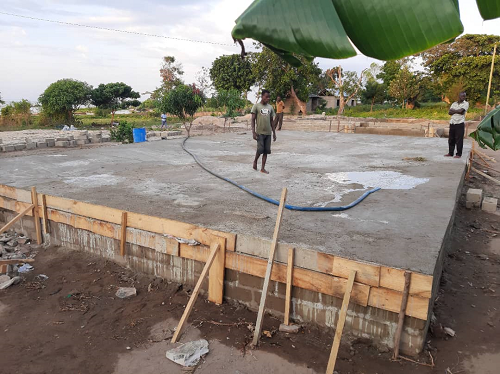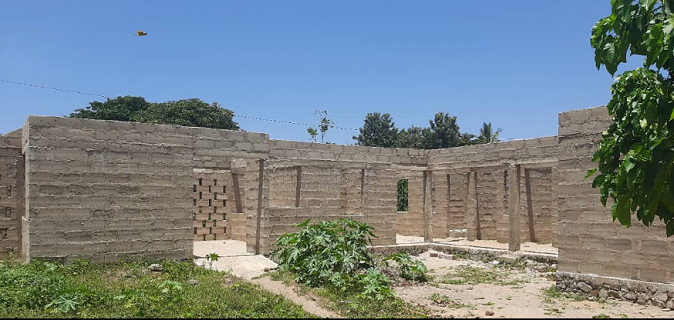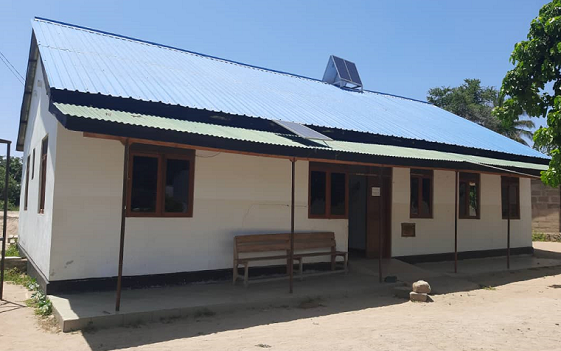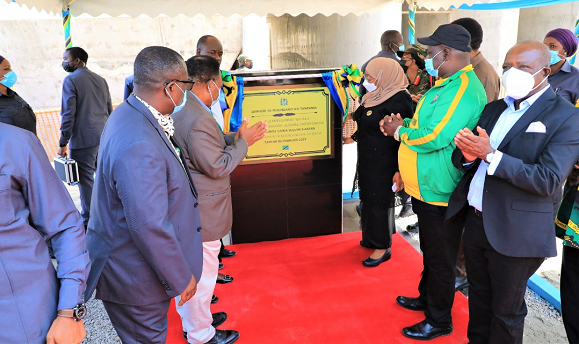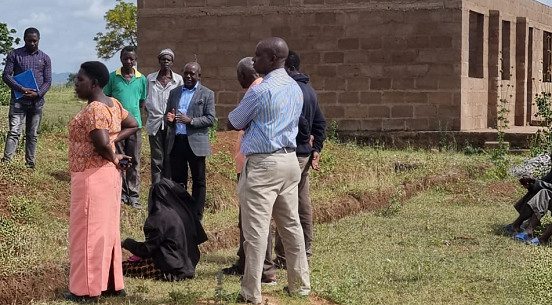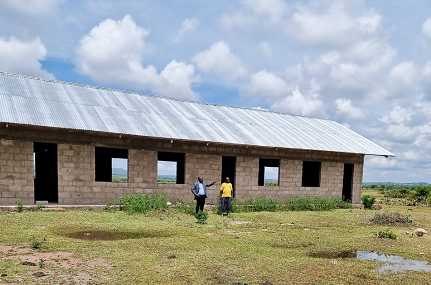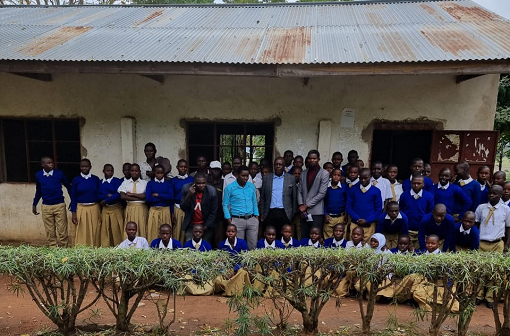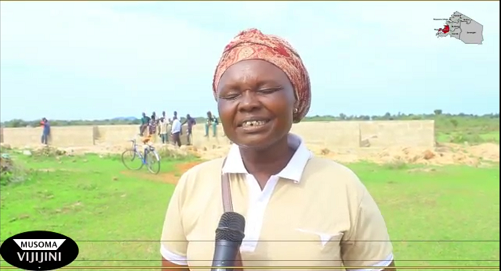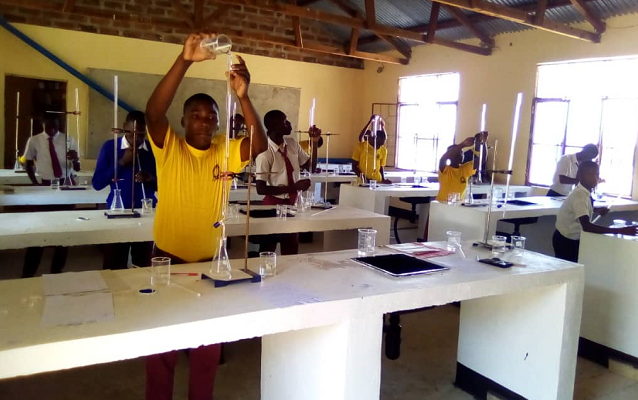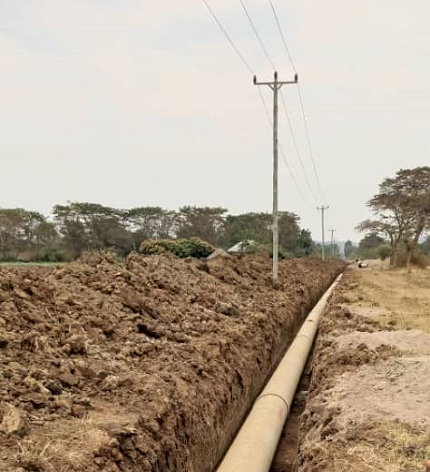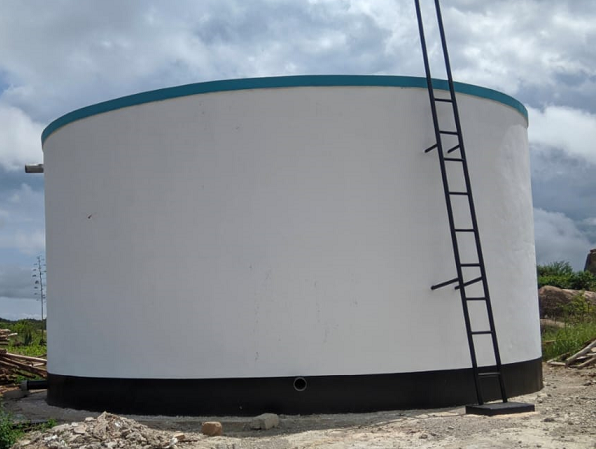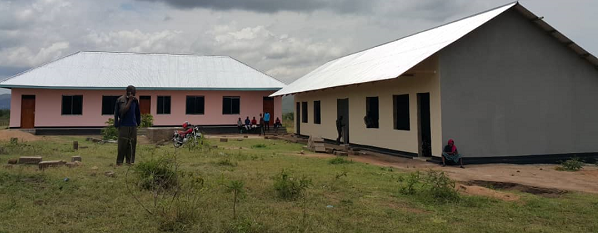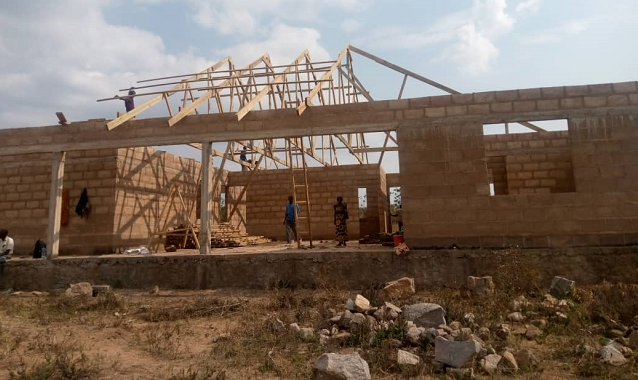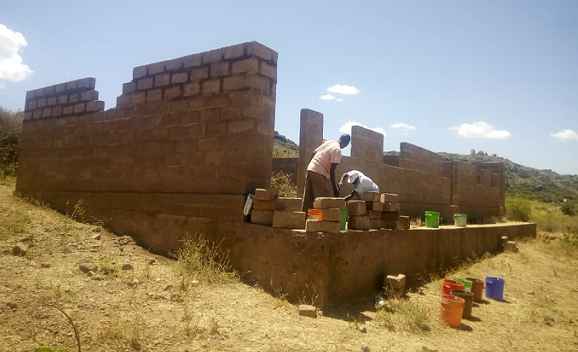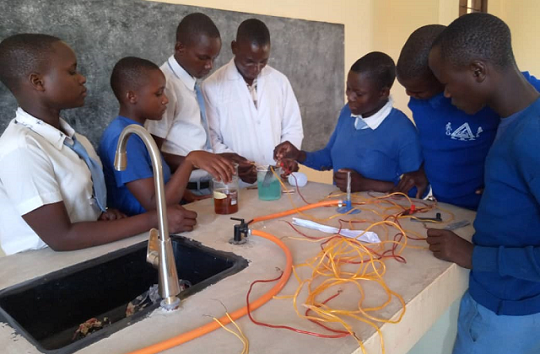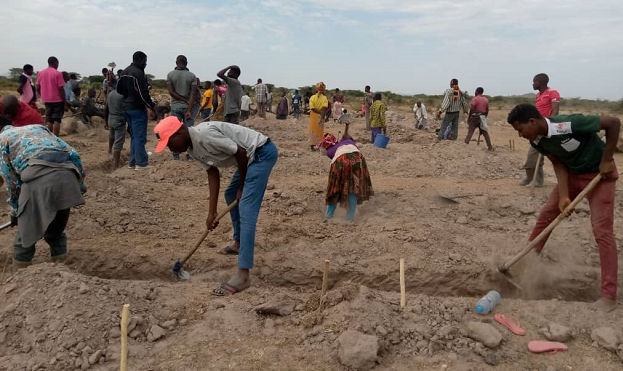
Former USA President Barack Obama in a discussion with Prof Sospeter Muhongo on energy in Africa, when the former visited Tanzania in 2013
Low-carbon economy also generally known as “green economy” is obligatory for all countries if the objectives of the legally binding international treaty on climate change have to be soundly realised.
The treaty was adopted by 196 Parties at COP 21 in Paris, on 12 December 2015 and entered into force on 4 November 2016.
This international treaty is a global framework safeguarding humanity to avoid climate change hazards and calamities by limiting global warming to well below 2°C and preferably below 1.5°C, mimicking the pre-industrial levels (e.g. 1st Industrial Revolution took place in 1760-1840, and the 2nd one in 1870-1914).
We are today in the 4th Industrial Revolution whose foundation stone is information technology. It fuses together the artificial intelligence (AI), Internet of things (IoT), genetic engineering, 3-D printing and other new technologies.
The main greenhouse gases resulting from human activities include: (i) carbon dioxide (CO2), (ii) nitrous oxide (N2O), (iii) methane (CH₄), and (iv) industrial gases such as sulfur hexafluoride (SF6) and hydrofluorocarbons (HFCs).
CARBON DIOXIDE EMISSIONS
In 2021, global carbon dioxide emissions were projected to reach 36.4 billion metric tons (mt). This would drive the global carbon dioxide concentration to 415 ppm in 2021, compared to 277 ppm in 1750.
There is a very strong positive correlation between a country’s ECONOMIC GROWTH (& PROSPERITY) and GREENHOUSE GASES EMMISSIONS!
The 2021 GDP (nominal) projections of countries show the following:
(i) USA
*US$ trillion 22.94
*CO2 emissions – 15% of the world’s total emissions.
(ii) CHINA
*US$ trillion 16.69
*CO2 emissions – 28% of the world’s total emissions
(iii) JAPAN
*US$ trillion 5.10
*CO2 emissions – 3% of the world’s total emissions
(iv) INDIA
*US$ trillion 2.95
*CO2 emissions – 7% of the world’s total emissions
ENERGY MIX OF USA
2020 Energy consumption by source:
(1) Petroleum 35%
(2) Natural Gas 34%
(3) Renewable Energies 12%
(4) Coal 10%
(5) Nuclear 9%
Renewable Energies (12% of the total):
*Biomass 39%
*Wind 26%
*Hydro 22%
*Solar 11%
*Goethermal 2%
In 2021, USA electricity energy consumption per person per year (per capita) was averaged at 4,437 kWh (kilowatthours)
ENERGY MIX OF CHINA
2019 consumption of energy by source in China was as follows:
(1) Coal 62.2%
(2) Hydro (conventional) 17.3%
(3) Hydro(pumped storage) 0.4%
(4) Wind 5.5%
(5) Nuclear 4.8
(6) Natural Gas 3.2%
(7) Solar 3.1%
(8) Other thermal 2%
(9) Biomass 1.5%
Renewable Energies in China:
In 2020, China added –
*48,000 MW of solar power
*71,000 MW of wind power
*13,000 MW of hydropower
These additions bring about TOTAL INSTALLED RENEWABLE ENERGIES CAPACITY in China to more than 900,000 MW (900 GW).
Out of the 900 GW, solar power accounts for 252 GW while wind power accounts for 281 GW, which was generated by more than 135,000 turbines.
In 2021, CHINA electricity energy consumption per person per year (per capita) was averaged at 3,944 kWh (kilowatthours)
ENERGY CONSUMPTION vs ECONOMIC GROWTH & PROSPERITY
African countries have to LEARN from the TWO LARGEST ECONOMIES of world and adjust their contemporary ENERGY MIXES accordingly
The main economic object is for the Africa’s population to have access to reliable, peridictable and affordable electricity within the realm of the 2015 Paris/UNFCCC Accord (COP 21).
Considing the untapped enormous energy resources of the African continent, a typical ENERGY MIX of an African country would look like this – electricity being generated from:
(A) PRIMARY SOURCES:
1. Natural Gas
2. Coal
3. Hydro
(B) RENEWABLES
1. Solar
2. Wind
3. Tides & Waves
4. Geothermal
5. Biomass
6. Biogas
7. Compressed Natural Gas (CNG)
8. Nuclear
9. Hydrogen
10. Radiant
*Electricity demand in Africa today is 700 terawatt-hours (TWh), with the North African economies and South Africa accounting for over 70% of the total.
*In 2020, STATISTA reported that 9% of all energy generated in Africa came from renewable sources, and that North Africa is the current leader on the continent in terms of renewable energy capacity.
*IRENA (the International Renewable Energy Agency) argue that if the 2015 Paris/UNFCCC Climate Accord has to be globally realized (the 1.5°C limit scenario), then the following has to be done:
(i) Installed Renewable Energies capacity would need to increase to 10,770,000 MW (10,770 GW) by 2030, and 27,800,000 MW (27,800 GW) by 2050
(ii) Solar PV will need to be scaled up to 5,200,000 MW (5,200 GW) by 2030
ENERGY MARSHALL PLAN FOR AFRICA
Since negative consequences of climate change do not respect political and territorial borders, and moreover Africa possesses some of the major carbon sinks, INTERNATIONAL FUNDING for her 54 countries’ contemporary energy mixes is unavoidable.
THE GREEN CLIMATE FUND
*As of 31 July 2020, the Green Climate Fund has raised only US$ 10.3 billion equivalent in pledges from 49 countries/regions/cities. This is a dismal amount for this global climate initiative!
It was established in May 2008 to facilitate greater investments in developing member countries (DMCs) for their prospective “low-carbon and green economies.”
*IRENA estimates that from, now till 2030, Africa requires an annual investment of US$ 70 billion in renewable energy projects for clean energy transformation to take place.
Some energy experts argue that the Power Africa Project of President Obama a five-year Africa-America initiative which was launched by President Barack Obama in Tanzania in July 2013, may be re-introduced with the financial support, in terms of energy grants, from the Green Climate Fund.
The initiative aimed at supporting economic growth and development by increasing access to reliable, affordable, and sustainable energy, especially, electricity, in Africa.
The picture attached herewith shows HE President Barack Obama in deep discussion (on energy in Africa) with Prof Sospeter Muhongo. This was taken in 2013 in Dar es Salaam.
Contribution by:
Sospeter Muhongo
*Chartered Geologist (CGeol)
*European Geologist (EurGeol)
*Honorary Fellow of the Geological Society of London (est. 1807)
*Honorary Fellow of the Geological Society of America (est.1888)
*Honorary Reserach Fellow of the Chinese Academy of Geological Sciences (est. 1956)
Date:
Saturday, 4.6.2022







